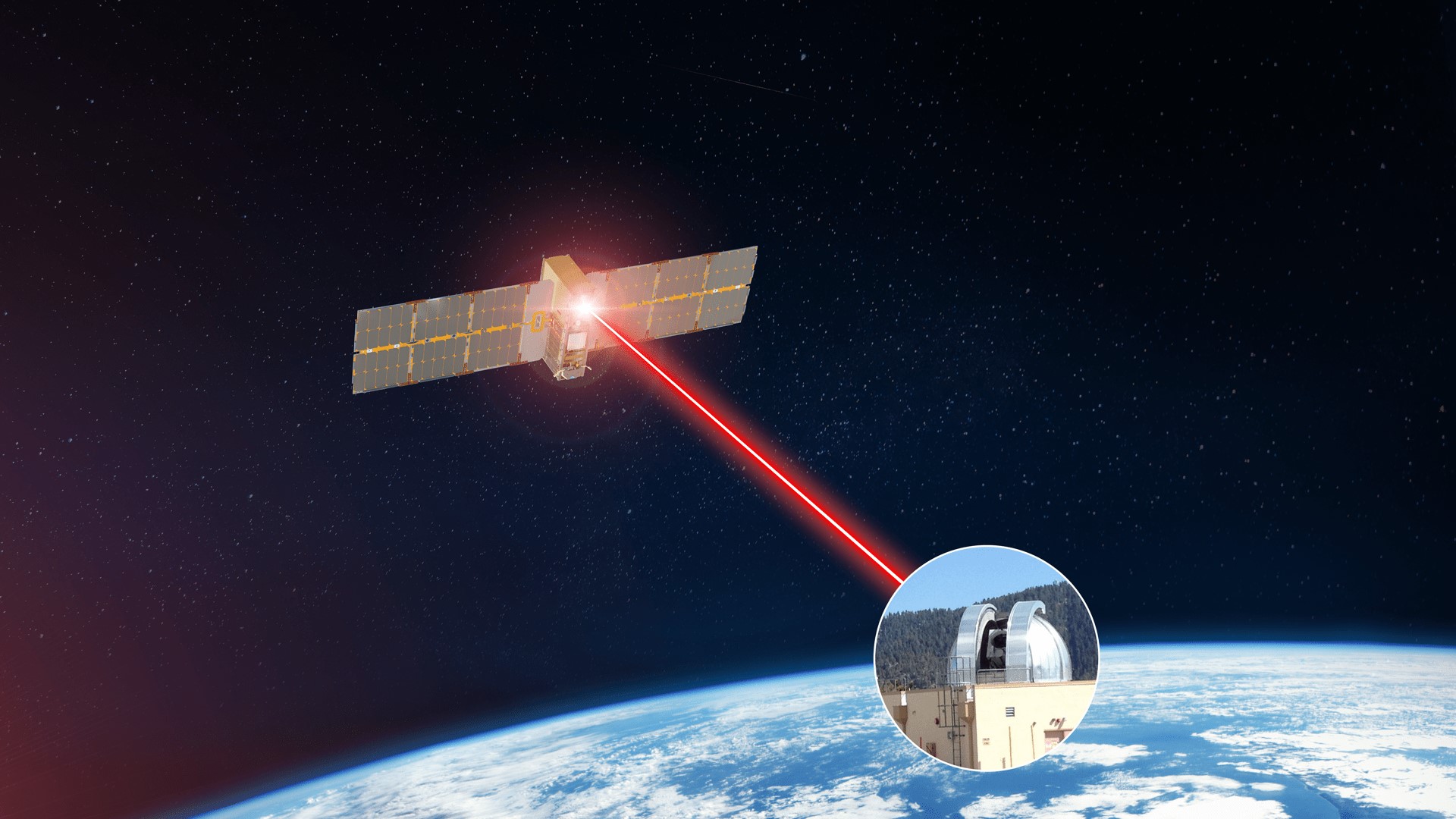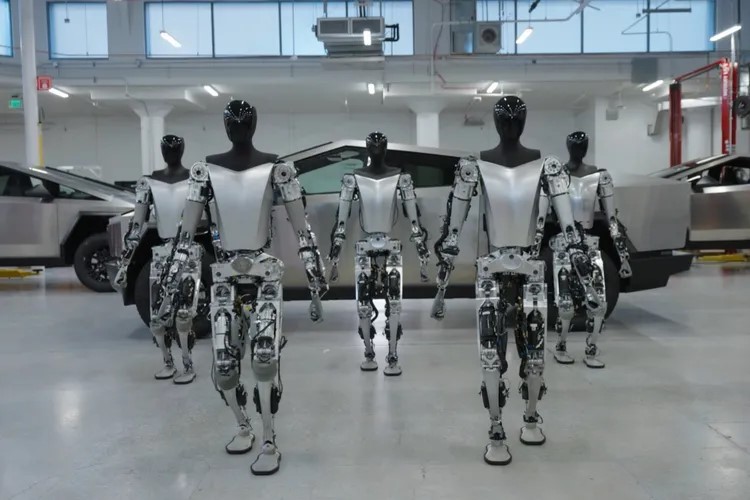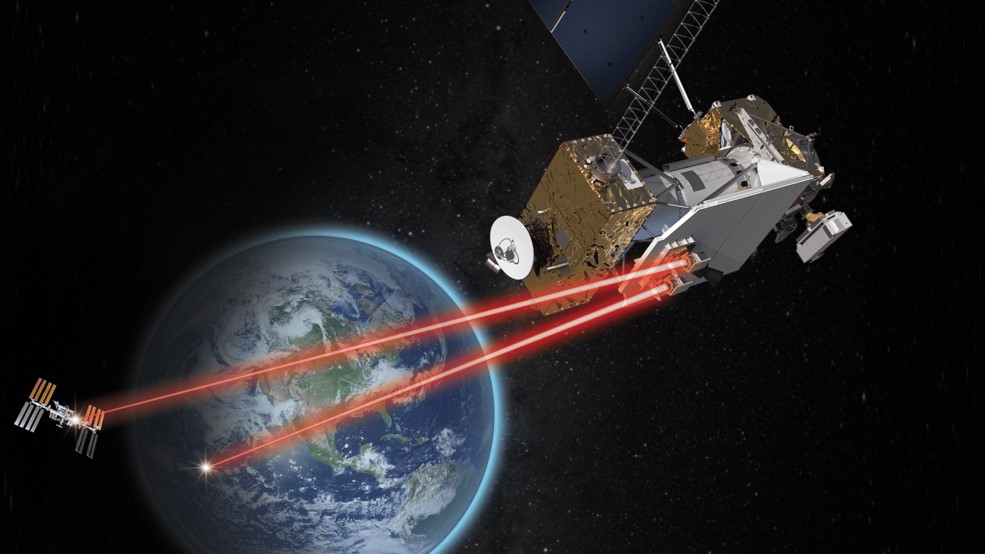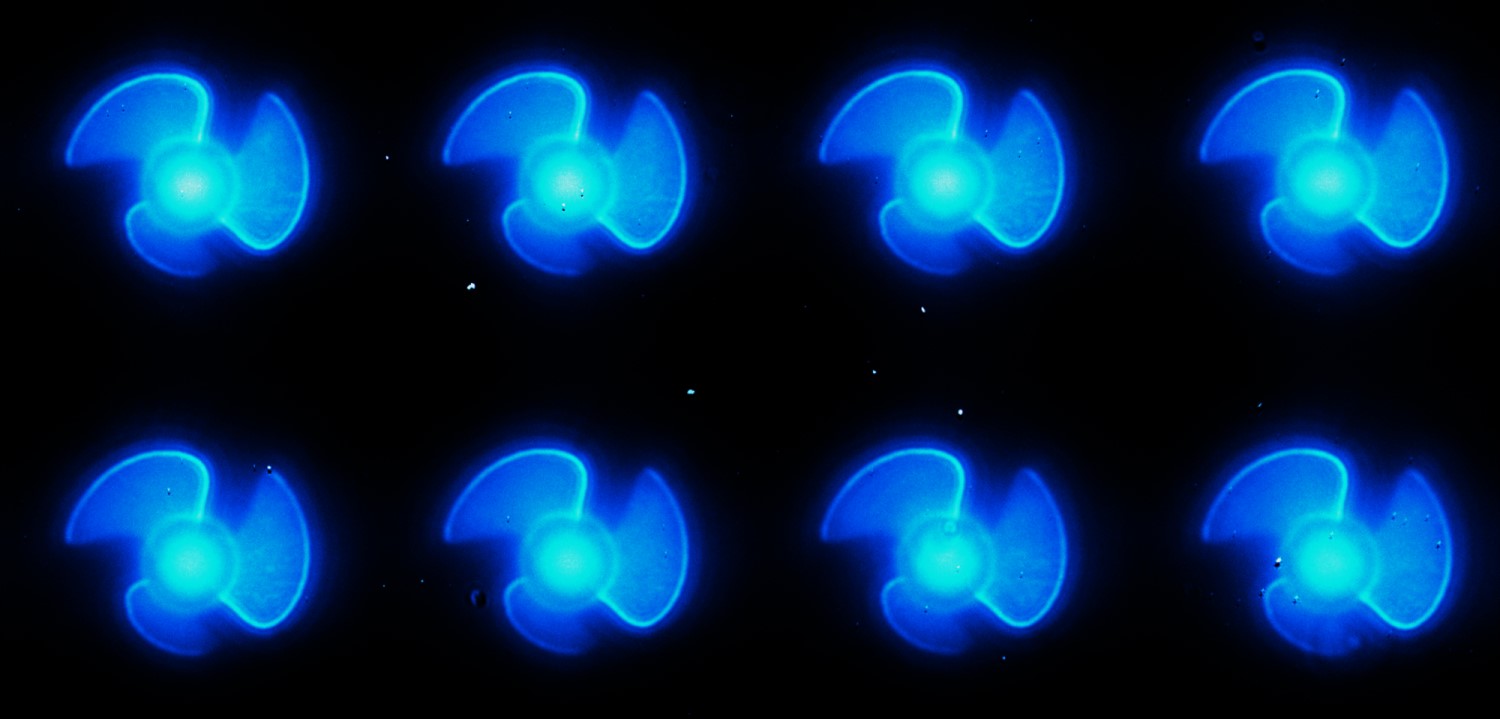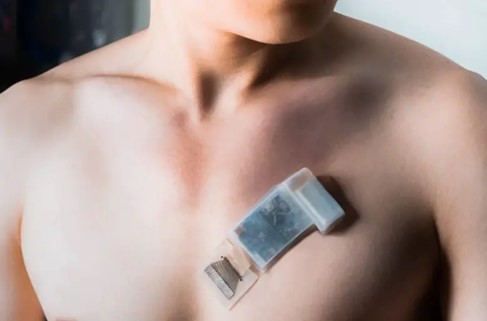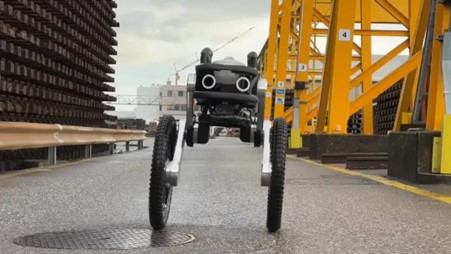Revolutionizing Dementia Care: Robotic Companions Unveil the Lost-and-Found Solution
Engineers at the University of Waterloo have developed a groundbreaking method to program robots in aiding individuals with dementia to find lost items such as medicine, glasses, phones, and more. Although the primary application is targeted towards dementia patients, this innovative technology holds immense potential to assist anyone who has experienced the frustration of searching for misplaced belongings. The robot companions programmed with this new approach offer a promising solution for the common problem of locating lost items, revolutionizing the way we interact with technology to enhance our daily lives. [1]
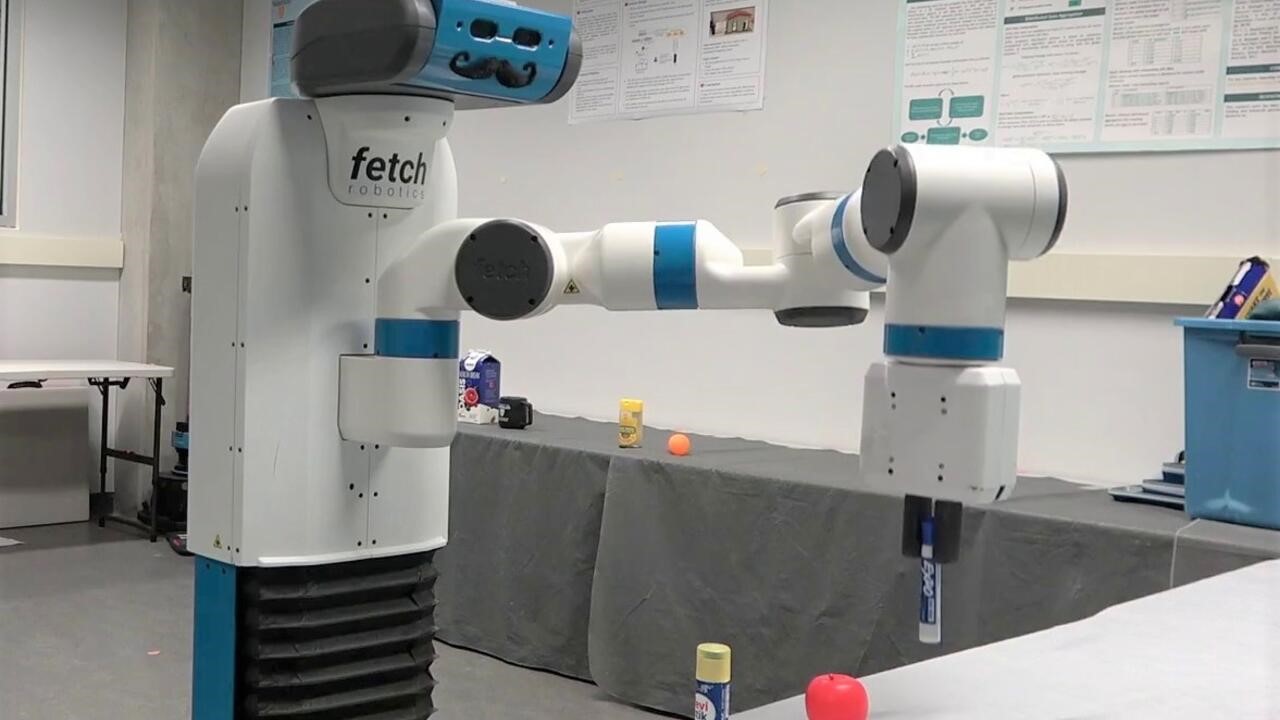
Figure 1. Robot developed by engineers.
Figure 1 shows the Robot developed by waterloo engineers. “The long-term impact of this is really exciting,” said Dr. Ali Ayub, a post-doctoral fellow in electrical and computer engineering. “A user can be involved not just with a companion robot but a personalized companion robot that can give them more independence.” [1]
Ayub and his three colleagues were deeply concerned about the growing population of individuals struggling with dementia. This debilitating condition severely impairs brain function, leading to confusion, memory loss, and disabilities. They observed that one of the major challenges faced by people with dementia was repeatedly forgetting the whereabouts of everyday objects, which not only reduced their quality of life but also added significant burdens on caregivers. Motivated by the desire to alleviate these difficulties, the team embarked on a mission to find a solution that would enhance the lives of individuals with dementia and ease the responsibilities of their caregivers. [1]
Engineers believed a companion robot with an episodic memory of its own could be a game-changer in such situations. And they succeeded in using artificial intelligence to create a new kind of artificial memory. [1]
The research team followed a step-by-step approach to enable the Fetch mobile manipulator robot to track objects for individuals with dementia. They programmed the robot to detect and track specific objects using an object-detection algorithm. The robot maintained a memory log of the objects' entry and exit times. A graphical interface allowed users to select objects and search for them using a smartphone app or computer. The robot could indicate the last observed time and location of the chosen object, providing valuable assistance in locating misplaced items. [1]
Extensive testing has demonstrated the system's remarkable accuracy in object tracking for individuals with dementia. While some people with dementia might initially find the technology daunting, Ayub assured that caregivers could easily utilize it on their behalf. [1]
Looking ahead, the research team plans to conduct user studies with individuals without disabilities, followed by studies involving people with dementia. This progressive approach aims to assess the usability and effectiveness of the system in diverse user groups. By gathering insights from these studies, the researchers can further refine and optimize the technology, ensuring its suitability and efficacy for individuals both with and without dementia. [1]
Source: waterloo
References:
- https://uwaterloo.ca/news/media/cant-find-your-phone-theres-robot
Cite this article:
Hana M (2023), Revolutionizing Dementia Care: Robotic Companions Unveil the Lost-and-Found Solution, AnaTechMaz, pp.202





